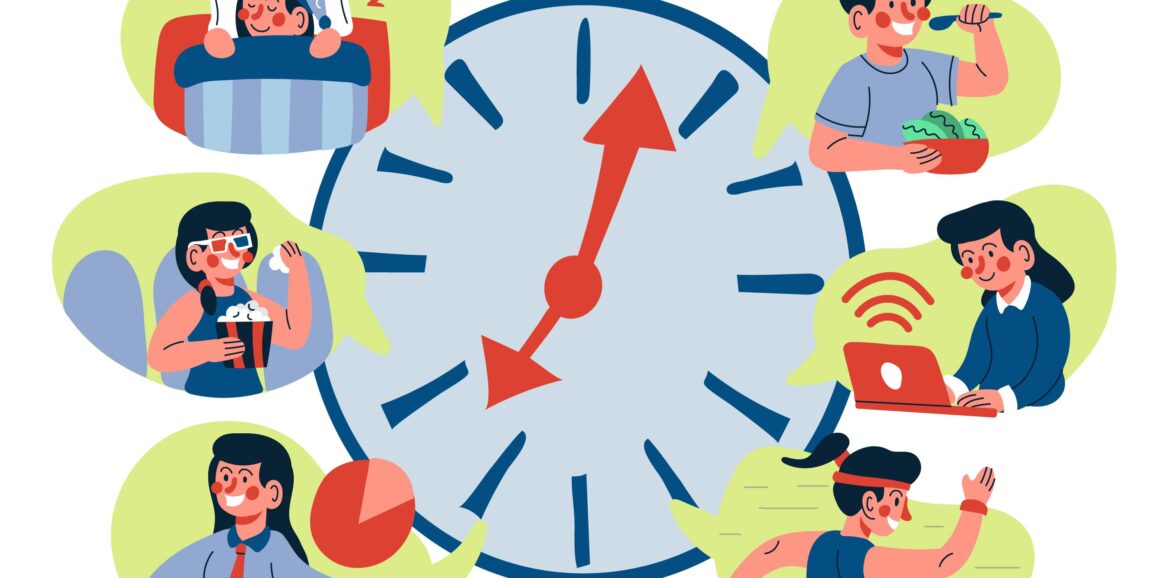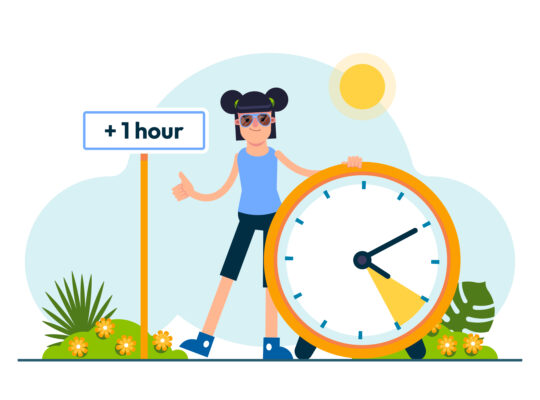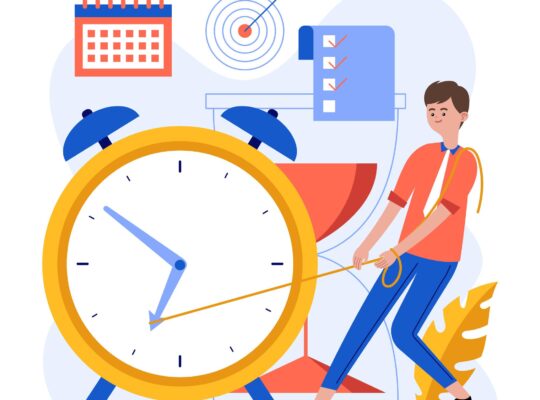| Time Management for Greater Meaning and Happiness | ||
| Instructor: Cassie Holmes | ||
| Released: 3/1/2023 | Course Details 42m General | |
| Skills Covered Time Management | Course Link | |
| Professional Certifications and Continuing Education Units (CEUs) N/A | ||
| Amidst the constant hurry, are you struggling to find happiness and meaning in your work and personal life? Take a deep breath and re-calibrate your approach to time management with UCLA professor Cassie Holmes. In this course, Cassie shows you practical strategies for how to invest your time to cultivate more meaning, purpose, and joy in your days and weeks—even when you’re racing to meet a deadline. Learn how to use your time more intentionally by thinking of time as the most important resource in your life. Get tips for evaluating, tracking, and rethinking your time so you can put life in perspective and focus on what you value. From finding more fun in potentially stressful or tiresome situations to taking a bird’s-eye view of what’s what, Cassie teaches you how to be more deliberate and reflect on how you want to spend your life. By the end of this course, you’ll be equipped with proven strategies to make your time truly matter, crafting a happier story of your life. Source: LinkedIN Learning | ||
The Relationship Between Time and Happiness
Choose happiness
Happiness
Subjective well-being, which is the joy we experience in our days and the satisfaction we feel about our lives.
Benefits of Happiness at Work
- Increased creativity
- More adaptive problem-solving
- Better performance
- Reduced absenteeism
- Lower burnout
- Lower turnover
- Improved bottom line
Benefits of Happiness in Relationships
- Like other people more
- More liked by others
- More likely to be helpful
Benefits of Happiness in Health
- Happier people live longer
What makes people happier?
- Genetics
- Life circumstances
- What we do and think about
Recognize time as your critical resource
Regular moments are limited.
Recognize the Critical Resource of Time
- Identify a joyful activity.
- Calculate the number of times you’ve done this in the past.
- Calculate the number of times you have left to do this.
Calculate the percentage of time left to complete the activity.
Navigate the challenge of being time poor
Time Poverty
The acute feeling of having too much to do and not enough time to do it.
Downfalls of Feeling Time Poor
- Less healthy – delay going to doctor or doing exercise
- Less nice
- Less confident
- Less happy
Time poverty is subjective.
Invest to become time rich
To Feel More Time Affluent
- Get moving – exercise
- Practice acts of kindness
- Experience awe
Find Joy In Your Work Hours
Prioritize what matters
Provides an example similar to Big Rock, Medium Rock, Small Rock and sand.
The jar represents your time. The golf ball represents highly important things such as family, friends, and fulfilling work. Marbles represent moderately important things like your job and your house. The sand represents everything else.
Prioritize scheduling the highly important things (golf balls) first. Invest in your relationships.
Identify your worthwhile ways to spend
Time tracking helps you discover which activities produce the greatest and least amount of happiness. Track your activities for one week. Identify most and least satisfying activities. Identify commonalities among your happiest activities.
Find your purpose
What is your ultimate purpose? Ask yourself “why?” five times. The first “why” might be making money or parroting the job description. Why does your first answer matter to you? After five layers of “why” you will arrive at your purpose.
Knowing your ultimate goal helps reframe tasks to make them more fun. Knowing your purpose clarifies what to say “yes” to and what to say “no” to.
Minimize time waste
Doing household chores, working and commuting are consistently found by researchers to be associated with the lowest level of happiness.
- Outsource some of your chores – reallocate time to worthwhile activities
- Bundle unfun with fun – podcast/audio book while commuting or reading
Employees with a work friend
- Twice as likely to feel engaged
- Produce higher-quality work
- Happier at work
Make Your Current Time More Joyful
Protect time to find flow
Protect yourself from interruptions. When you’re in flow, you’re so fully immersed in what you’re doing you lose track of time, and when you emerge you realize how great it felt because you were producing at your very best.
- Clear your schedule for several hours.
- Shut the door.
- Wear earplugs or headphones.
- Close out of email.
- Put your phone away.
Treat the weekend like a vacation
Decades of correlational research have demonstrated that vacations have immediate benefits. Improving health, creativity, job performance and life performance.
Treat the weekend like a vacation.
Take a Bird’s-Eye Vie of Time
Take a bird’s-eye view of your time
Instead of focusing on whether to spend a given hour on one activity versus another, change the narrative to “when to spend hours across various activities”. This view makes time feel less scarce. Research shows that when in a rush, people are prone to spend on whatever task feels urgent regardless of its importance. Now, you can focus on what is important.
Write your eulogy
Eulogy
A speech or piece of writing that praises someone recently deceased.
- Choose who will write your eulogy
- Take that person’s perspective when writing
- Assume you live until age 90
This exercise is not about death but about life. The predictor of happiness and satisfaction is strong supportive relationships.
Craft the story of your life
What you think about your life is base on what you remember. Only particular moments will be remembered of your life.
How Memories Are Determined
- Peaks
- Endings
 | Remember! To experience the full benefit of this guide, I highly recommend you watch the full training session. |






